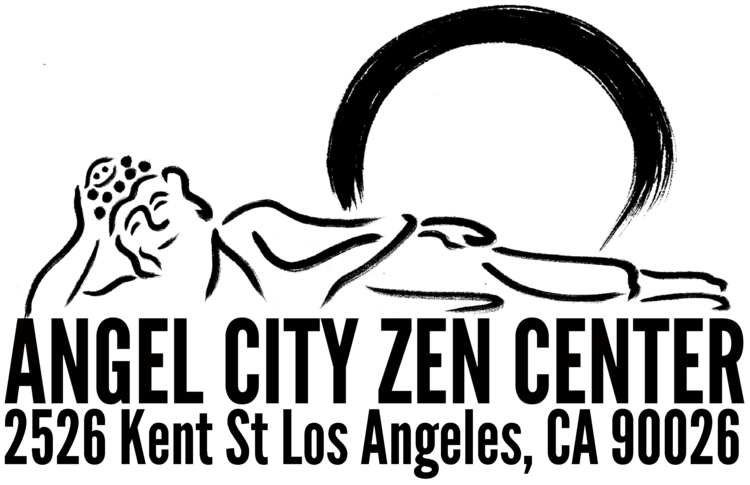"'Here' is beyond the brain, beyond the nostrils, and beyond this district. Because it springs free from 'here' it has already arrived here and has never been here before. This place is is the place where the ineffable exists. In short the life of a Buddhist master is just drinking tea and eating meals." - Dogen
"If everything's a miracle then nothing's a miracle. But if nothing's a miracle than everything's a miracle because everything takes on this special quality." - Emily Eslami
In a wide ranging and super mundane talk Emily Eslami dives us into Dogen's Kajo - Everyday Life, where Dogen takes us there and back again to the limits of the ultimate miracles of life as found in a cup of tea. Practice is just when we're hungry we eat, when we're tired we sleep (or have some more tea...), it sounds so simple! And it is, but it's that deceptive simplicity, as we're told this simple life is a forge that spans the whole universe. Forging what you ask? Why, perfect Buddha's of course! It's a perfect Zen talk filled with all of the poetry and contradictions that are really the only way to express and encourage this sort of practice. The sangha jumps in and discusses miracles and deities in Buddhism and how to avoid that pesky trap of nihilism that loves to rear its pesky little head in discussions like this.
